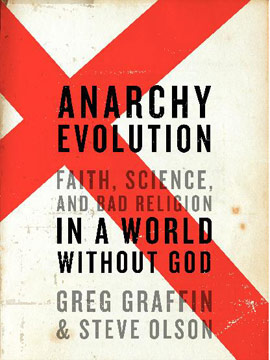Genghis Khan
Ancient Mariner
Hmmm... I have Ken Follet right here on my book shelves. I'll have to open it up and give it a try.
Shadow said:I recently read Robert A. Heinlein's The Moon is a Harsh Mistress (1966), which is widely considered one of his best novels and rightly so too. The book is set in 2075 in the Lunar Colonies, which consists of a number of settlements primarily inhabited by descendants of people transported there from Earth, for criminal or political reasons. The novel deals with a (to begin with) libertarian Lunar rebellion seeking to free the moon from the Lunar Authority and the Earth, and is, like many of Heinlein's works, as much a political essay as a story of fiction, dealing with matters like "rational anarchism", individualism versus government, taxation, polygamy and many others in an intriguing way. Stylistically, it's notable for being written entirely in an invented Russian-English dialect. All in all, it's a powerful story and one I would definitely recommend.
Genghis Khan said:I'll have to read The Moon is a Harsh Mistress (1966). Thanks for the review.
Onhell said:Sure did. I'm very curious actually.

Prey is a great book.Onhell said:I just finished Prey by Michael Chrichton REALLY fast paced, i read it in three days and i'm a slow reader. Don Quijote by Cervantes and i'm slowly reading all of Edgar Allen Poe of course. [!--emo&:rock:--][img src=\'style_emoticons/[#EMO_DIR#]/headbang.gif\' border=\'0\' style=\'vertical-align:middle\' alt=\'headbang.gif\' /][!--endemo--]
bearfan said:Looking forward to reading this
The WWI Diary of Ernst Jünger
http://www.spiegel.de/international/eur ... -2,00.html

{Leviathan} said:I'm reading, The Heart of Darkness by Joseph Conrad, and Beyond Good and Evil by Friedrich Nietzsche.

Yes of course! I got introduced to The Heart of Darkness through Iron Maiden's "The Edge of Darkness" which is a song about the film Apocalypse Now (great movie by the way), which was based of Joseph Conrad's "The Heart of Darkness". So I expect a good book lol. I'll do my best to write a review.Onhell said:As the creator of the thread intended, this is more of a review thread. Let us know what you thought of them when your done

